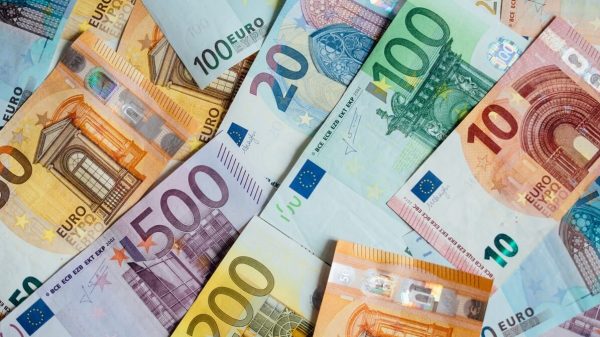
German Economy News: Is the Nation on the Brink of Recession Again?
In the realm of German economy news, a troubling narrative has emerged that demands attention. Recent data reveals a significant downturn in business activity, hinting at the possibility of yet another recession. This alarming development not only affects the German population but also carries implications for the broader European economic landscape.
Steepest Decline in Over Three Years
The German economy news paints a worrisome picture as the nation grapples with its sharpest decline in business activity in over three years. This unsettling trend raises concerns about the potential resurgence of a recession, which could have far-reaching consequences for the country’s future.
Purchasing Managers’ Index (PMI) Takes a Hit
The core of the German economy news lies in the concerning trajectory of the Purchasing Managers’ Index (PMI). The initial PMI reading for August plummeted to 44.7, a stark contrast to July’s 48.5. This drop, the lowest recorded since May 2020, serves as a clear indicator of economic contraction—a reading below 50 implies just that.
Manufacturing and Services Sectors in Distress
Delving further into the realm of German economy news, it becomes evident that both the manufacturing and services sectors are facing distress. The manufacturing sector, in particular, is grappling with a deepening downturn, witnessing a fourth consecutive month of falling output. Surprisingly, the services sector, which previously showed resilience, also experienced a setback, marking its first decline in eight months.
Germany’s Influence on the Eurozone
The impact of the German economy news extends beyond national borders, sending ripples throughout the Eurozone. As the largest economy in the region, Germany’s struggles have a direct bearing on neighboring nations. The initial PMI reading for the eurozone in August hit 47, the lowest since November 2020. This amplifies the concern of an impending recession that could engulf the wider European economic landscape.

Inflation and the European Central Bank’s Dilemma
An intriguing facet of the German economy news involves the issue of inflation. Both surveys underline a noticeable uptick in inflation within the services sector, attributed to rising wages. This, in turn, poses a dilemma for the European Central Bank, especially in the context of interest rate decisions. Notably, the situation in Germany is particularly dire, marked by slow growth and escalating inflation—a situation colloquially referred to as “stagflation.”
Germany’s Gas and Currency Dynamics
While the focus of the German economy news remains on economic activity, it’s crucial to consider the wider context. The dynamics of German gas and German currency play a significant role in shaping the nation’s economic landscape. These factors, intertwined with the larger economic picture, add complexity to the current challenges faced by Germany.
Germany’s GDP per Capita and Financial Concerns
The intricacies of Germany’s GDP per capita and the overall financial landscape come to the forefront as one delves into the finer aspects of the German economy news. These factors contribute to the broader narrative, underlining the multifaceted nature of the challenges at hand.
The spotlight on German economy news highlights a pivotal moment in the nation’s economic trajectory. The looming threat of a recession, coupled with inflationary concerns and the broader Eurozone implications, creates an intricate web of challenges for policymakers and economists. As Germany navigates these uncharted waters, the world watches keenly, hoping for a turnaround in the face of adversity.
The post German Economy News: Recession Threatens appeared first on FinanceBrokerage.






















